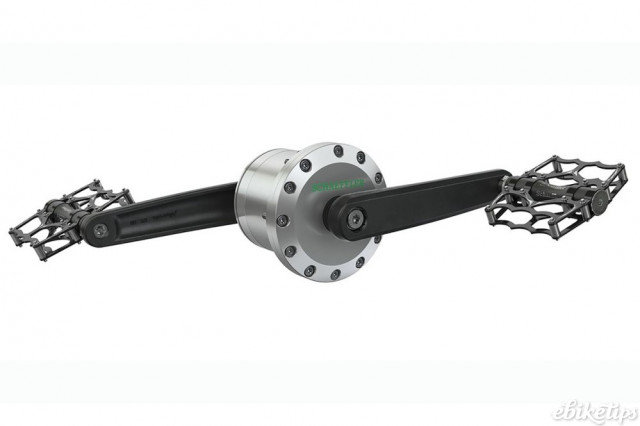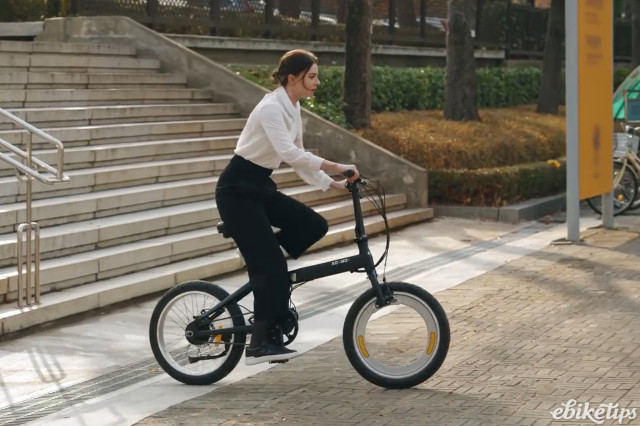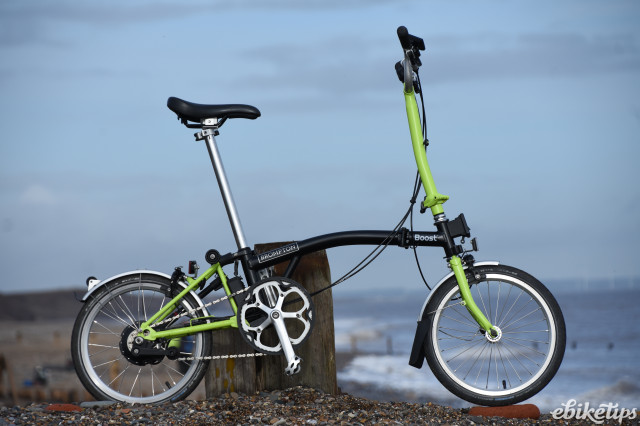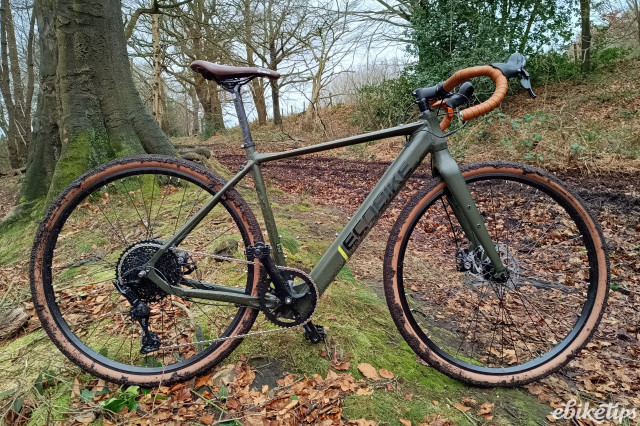Back in 2021, we reported that Schaeffler's e-mobility division had developed a chainless electric drive system called Free Drive. The system negates the need for a chain by converting the mechanical energy generated by pedalling into electric energy before converting it back into mechanical energy at a wheel hub motor.
Despite much talk of it being not efficient enough to be practical, it seems Schaffler and co-developers Heinzmann believe it is now ready for real world applications and it has gone into production.
And it's not just their conviction. As Bike EU have reported, "The Mocci micro mobility platform, created by CIP Mobility, will soon be supplied as the first Free Drives customer."
How does it work?
This kind of system, known as a series hybrid (unlike most chain and belt e-drives which are parallel hybrids), has been around a while - 1975 saw the first e-bike series hybrid. It works by eliminating any direct mechanical connection between the rider's pedals and the rear wheel, replacing a chain or belt drive with an electrical generator.
In Schaeffler's latest design based on this system, the generator is located on the pedal axle. The electricity generated is fed into the rear motor (a 250W rated Heinzmann model) and there is also an on-board battery that contributes power to the motor and is capable of accepting charge from regenerative braking. Because the rider is essentially pedalling to feed electricity into the drive system serial hybrids have been called 'bike by wire'.
This kind of design has been tried before commercially too. The Mando Footloose made a brief appearance on the European market around 2015 but it clearly never caught on.
Will Mocci make or break the serial hybrid e-bike?
This kind of design seems more suited to heavy e-bikes or at least e-bikes carrying heavy loads, where you don't want to overburden a drivetrain with huge forces. Extra long light electric vehicles, often with complicated drivetrains - for example tandems and recumbents - may also benefit from it.
So it seems fitting that Schaeffler's first customer is Germany's Mocci and their distinctive e-cargo bike the Smart Pedal Vehicle (SPV).
It is reported that Mocci will be selling fleets of their funky and futuristic e-bikes to corporate clients, who will in turn use them in bike-sharing projects, urban deliveries or other applications. It's not just the design of the drivertrain that appears highly unusual on the Mocci e-bike however. The Mocci's other features include sturdy one-piece monocoque wheels and a recyclable, injection-moulded polyamide frame.
It may also be that a 2022 EU legal decision will help smooth the way for wider serial hybrid adoption. A European Commission ruling officially classified series hybrids as e-bikes in the same way that 15.5mph pedelecs are. The decision helped clear up the confusion over series hybrids caused by a warning in 2018 from the German approval body, Kraftfahrt Bundesambt (KBA) that dealers selling the Mando Footloose risked a €5,000 fine. One such company making a series hybrid, Podbike, which had previously felt constrained by the muddy legal position, are now able to push ahead with plans to more widely sell their striking looking Frikar - though on their website the sales status is still at the 'pre-order' stage.










